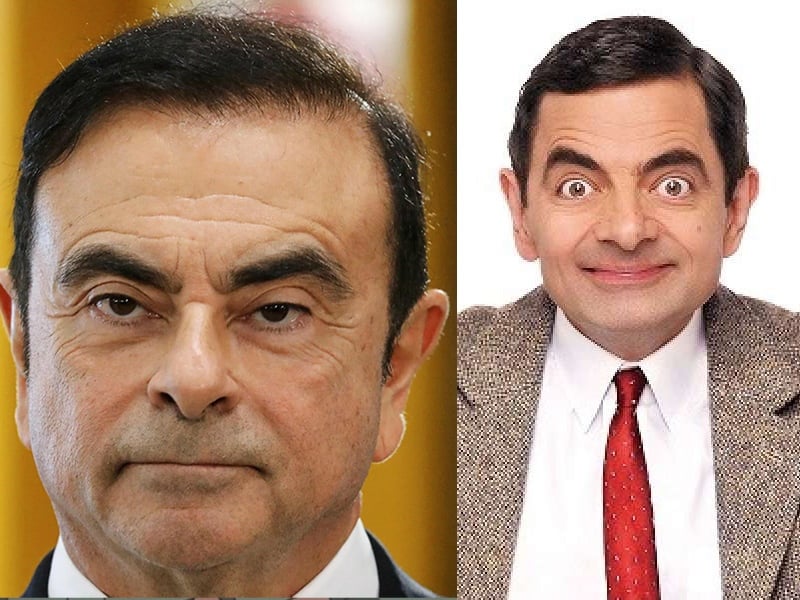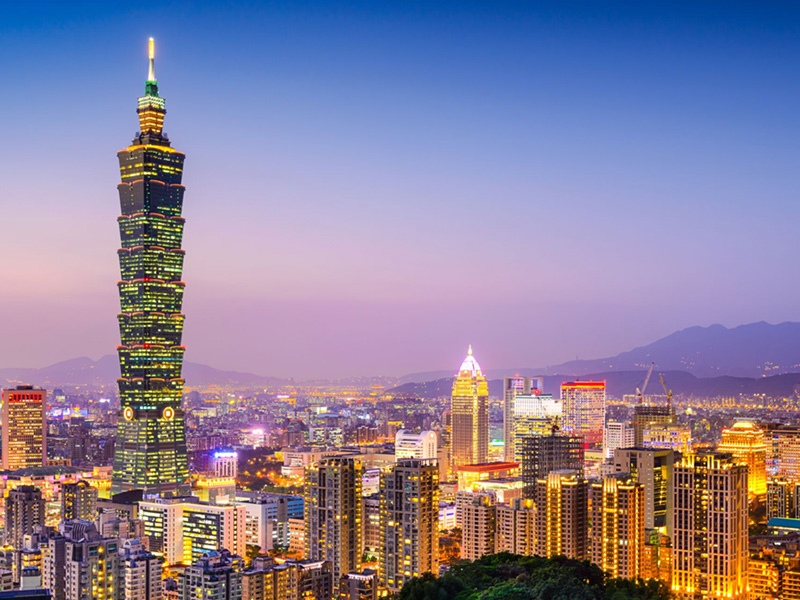
Hello from Taiwan! I’m taking a short vacation with Mrs. J-List, visiting Taipei where we’ll eat a lot of delicious Chinese food, do sightseeing, and experience the local version of volcanic hot springs. While we’re exploring Taiwan, the hardworking J-List staff is busy adding new products to the site for you!
The decade of the 2020s got off to a dramatic start for everyone in Japan with news that Carlos Ghosn, the famed “savior” of Nissan, had jumped bail, escaping secretly to Lebanon. Since I’ve lived in Japan during the rise and fall of the business mogul, I thought I’d write a post giving my thoughts on the situation.
Who is Carlos Ghosn and what did he do for Nissan?
Carlos Ghosn is a Brazilian-born businessman of French and Lebanese descent, who has served as CEO of Michelin North America as well as Renault and Nissan. After being hired to save Renault from near bankruptcy in 1996, he was brought on board to do the same for Nissan, which was tanking as a brand and as a company.
The Japanese are amazing designers and engineers, but when it comes to capitalism, they’ve got some limitations. One of the sad realities of running a giant global company is that, when business conditions decline, you need to reduce staff. This means laying off workers, called risutora in Japanese, from “restructuring.” But for most of the 20th century, Japanese companies have had a lifetime employment system where the hard work of employees was rewarded with lifelong job security, and no Japanese manager had the heart to let employees go, even when it was required for the health of the overall company. But by hiring Mr. Ghosn as CEO, magically this barrier was removed, and the fortunes of Nissan were turned around as he aggressively cut costs and reoriented the company towards profitability.
Why was Carlos Ghosn Arrested?
In 2018 the board of Nissan alerted police to what they described as gross instances of financial misconduct by Mr. Ghosn, which included things like under-reporting his salary to tax officials for over a decade, pushing his personal investment losses from the 2008 global crisis onto Nissan, and charging costs related to his divorce to the company.
Rather than receiving somewhat “soft” treatment by police, as might be the case when billionaires are accused of misdeeds in other countries, Japan’s prosecutors treated Mr. Ghosn like they would anyone else in his position: as a normal 容疑者 yogisha, a term for a suspect formally charged with a crime. He was initially arrested and secured in a holding center, then re-arrested several times on new charges, a tactic that allows prosecutors to hold suspects for lengthy periods while they investigate.
To many, this treatment by police will appear strict and unreasonable, but it’s important to note that the treatment of Mr. Ghosn was absolutely the same as anyone else in a similar position in Japan. For example, when famous Japanese investor Takafumi Horie (nicknamed “Horiemon” for his physical similarity to Doraemon) was accused of gross financial crimes, he went through the exact same strict treatment by prosecutors. As I’ve written before, it’s almost refreshing that justice can actually be dispensed equally to individuals when they’re accused of a crime, regardless of how many zero’s their bank account contains.
How does Japan’s justice system work?
As in other countries, Japan has a system of police and courts that work to keep society as free from crime as possible. The core of the Japanese justice system is that the first step in rehabilitating a criminal is to get him to confess his crime (in kanji, 自首 jishu, which can be translated as “to strangle one’s own self”) then to reflect on what he did (反省 hansei) as he pays for his crime. Since self-confession is so important to the mind-set of Japan’s police, they always seem to obsess over this step, which can lead to false confessions and false convictions (冤罪 enzai in Japanese, just like the BL game by JAST USA).
I can think of two famous false convictions Japan’s police are responsible for. They are…
- The Sayama Incident. When two girls were murdered in 1963, police arrested and convicted a man based on the flimsiest of evidence, including his proximity to where the bodies were found and the fact that he was a burakumin, a group subject to social discrimination. Police easily extracted a confession, though he later recanted, and the man was eventually paroled in 1994. This story is interesting to My Neighbor Totoro fans, as many cues from the Sayama murders are part of the story, leading to conjecture about the true meaning of the film.
- The Matsumoto Sarin Gas attack. When the Aum Shinrikyo cult tested their sarin nerve gas in Matsumoto, Nagago Prefecture in 1994, killing eight people, police charged and extracted a confession from the husband of one of the victims because he happened to have knowledge of chemistry. Meanwhile, they could have been pursuing the group actually responsible before they attacked the Tokyo subways the following year, killing 13 more. The Aum Shinrikyo members were all executed at the close of the Heisei Era.
What can we learn from this?
First of all, we can learn a lot about Japan’s police force and the court system might need to do some hansei (reflecting) of their own on how to serve justice better. And they actually have, for example adding a “citizen juror” system for many trials, which hadn’t existed in the past. Still, Japan’s conviction rate at trials is about 99%.
We can also learn that corporate governance in Japan is not up to the standards of proper companies in the U.S. and Europe if financial misconduct can go unnoticed for 10 years. This might be one reason the Nikkei, Japan’s major stock indicator, is still half of its 1991 levels, while the S&P 500 has gone up 10x in the same period time. Properly run companies and markets create more value for the entire country.
What will happen now, after Carlos Ghosn’s escape? No one can say, but Japan is trying to get him back to stand trial for what he’s accused of, crimes which Mr. Ghosn insists he is completely innocent of, despite a lot of evidence to the contrary. We’ll have to see how the rest of the drama unfolds over the coming months and years.
What are your thoughts on the amazing story of Carlos Ghosn’s escape? Tell us on Twitter!
If you’re a person of culture and are looking to decorate your room, make sure to check out the new tapestries by J18!
















